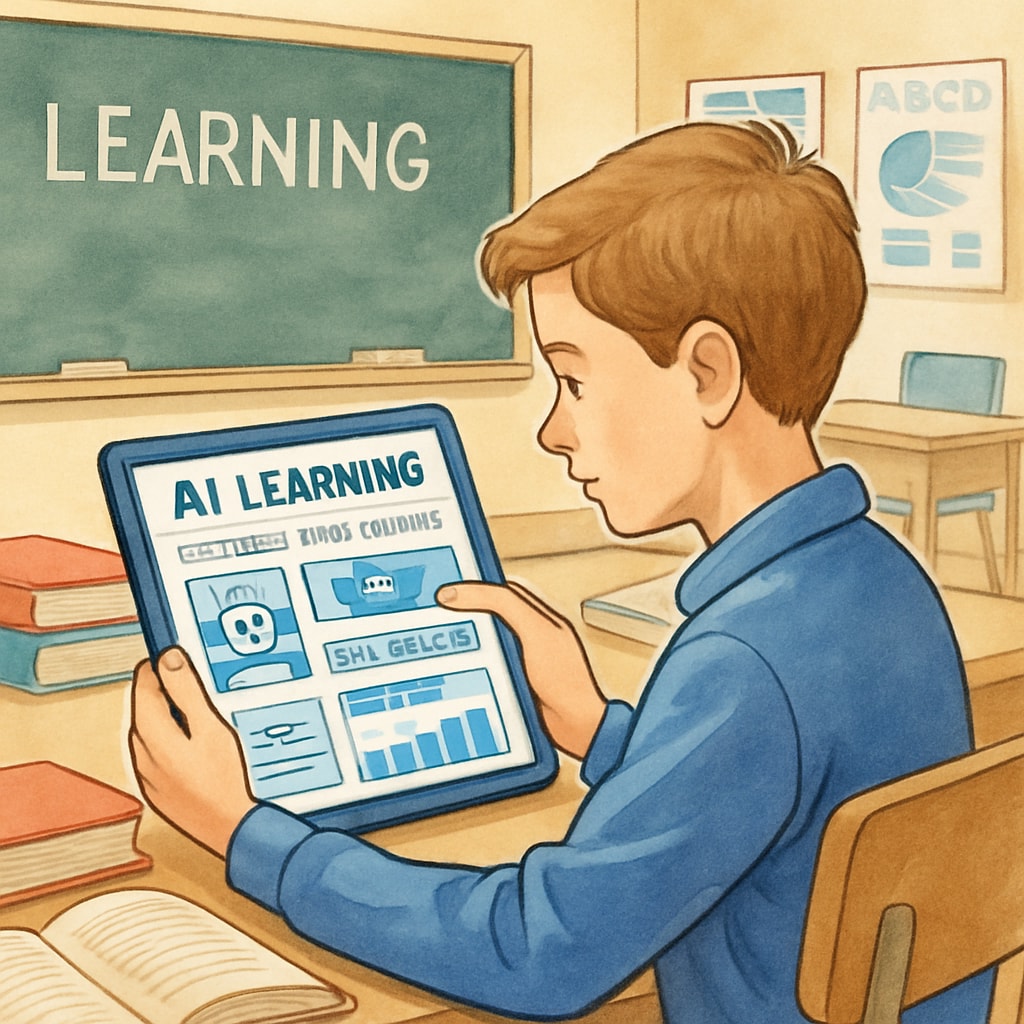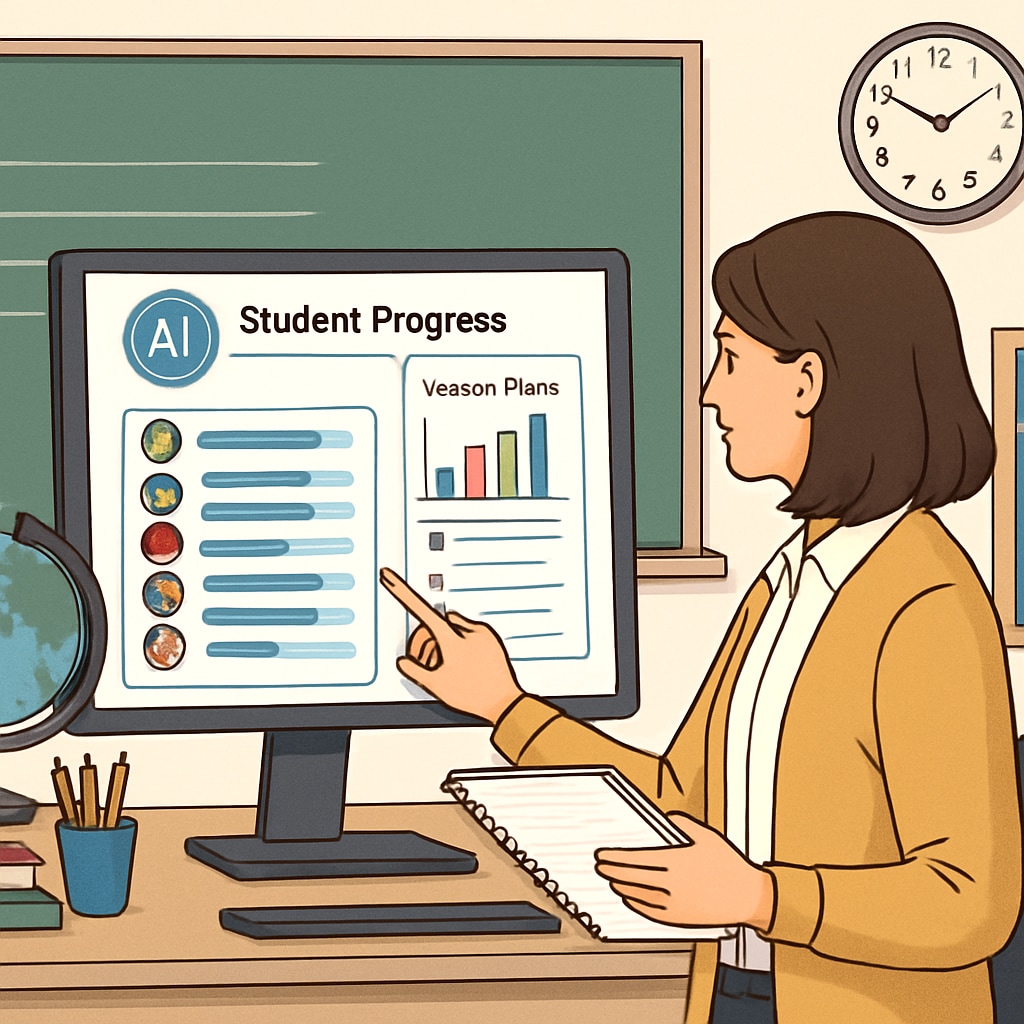The integration of artificial intelligence (AI) in education has the potential to revolutionize how students learn, teachers instruct, and assessments are conducted. Over the next decade, AI, education, and future impact will converge to create a transformative shift in the K12 education landscape. This article examines the ways AI is poised to reshape the classroom, enhance personalized learning, and redefine educational assessments, providing key insights for educators and parents navigating this technology-driven future.
Personalized Learning: A Tailored Approach to Education
One of the most significant contributions of AI to K12 education is its ability to provide personalized learning experiences. Traditional classrooms often struggle to cater to individual student needs, as teachers must manage a diverse range of abilities and learning styles. However, AI-powered tools can analyze students’ progress in real-time and adapt content to suit their unique requirements.
For instance, platforms like Khan Academy and AI-driven tutors use data to identify areas where students struggle and provide targeted support. This ensures that learners receive the appropriate challenges and resources to stay engaged and motivated.

Empowering Teachers with Intelligent Assistance
AI is not here to replace teachers but to empower them. By automating repetitive tasks such as grading, attendance tracking, and administrative work, AI allows educators to focus on what they do best—teaching and mentoring. For example, AI-driven grading systems can evaluate assignments objectively and provide instant feedback, saving time and ensuring consistency.
Additionally, AI tools can assist teachers in lesson planning by analyzing curriculum standards and suggesting relevant materials. This not only saves time but also ensures that lesson plans are aligned with educational goals.

Transforming Assessments with AI
In the realm of assessments, AI offers innovative solutions that go beyond traditional standardized testing. Adaptive testing, powered by AI, adjusts the difficulty of questions based on a student’s responses, providing a more accurate measure of their abilities. Furthermore, AI can analyze patterns in student answers to identify misconceptions and tailor subsequent instruction accordingly.
AI is also paving the way for non-traditional assessments, such as portfolio-based evaluations and project-based learning. By analyzing students’ work over time, AI can provide comprehensive insights into their progress, creativity, and problem-solving skills.
Challenges and Ethical Considerations
While the potential benefits of AI in education are immense, there are also challenges to consider. Data privacy and security are critical concerns, as AI systems require access to substantial amounts of student data. Ensuring that this data is used ethically and securely is paramount.
Additionally, the digital divide poses a significant barrier. Not all schools have equal access to the technology and infrastructure needed to implement AI solutions, potentially widening the gap between well-resourced and underfunded institutions.
Looking Ahead: Preparing for the Future
As AI continues to evolve, the education sector must adapt to keep pace. Teachers, administrators, and policymakers need to develop a forward-thinking mindset and invest in professional development to effectively integrate AI into classrooms. Collaboration between educators and technology developers will be essential to ensure that AI tools are designed with the needs of students and teachers in mind.
In conclusion, artificial intelligence, education, and future impact are deeply interconnected forces shaping the next decade of K12 learning. By embracing AI responsibly, we can create a more inclusive, personalized, and effective education system that prepares students for the challenges of the 21st century.
Readability guidance: The article uses short paragraphs, clear transitions, and examples to maintain engagement. Lists and images are included to summarize key points, and technical terms are explained for accessibility.


